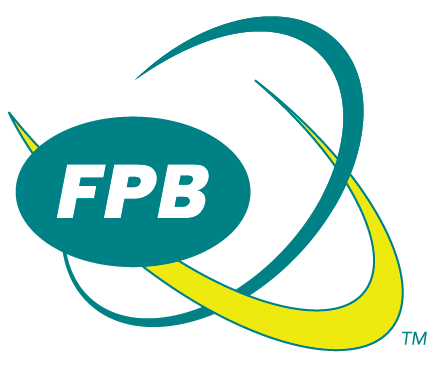Beware of Caller ID Spoofing
/If you believe you have experienced caller ID spoofing, please let the FCC know about ID spoofers by calling
1-888-CALL-FCC
or by filing a complaint at
www.fcc.gov/complaints.
A Caller ID service is susceptible to fraud. Using a practice known as “caller ID spoofing,” callers can deliberately falsify the telephone number and/or name relayed as the Caller ID information to disguise the identity of the calling party. For example, identity thieves who want to collect sensitive information such as your bank account or other financial account numbers, your social security number, your date of birth or your mother’s maiden name, sometimes use caller ID spoofing to make it appear as though they are calling from your bank, credit card company, or even a government agency.
The Truth in Caller ID Act of 2009, which was signed into law Dec. 22, 2010, prohibits caller ID spoofing for the purposes of defrauding or otherwise causing harm. In June 2010, the Federal Communications Commission adopted rules implementing the Truth in Caller ID Act.
FCC Rules
Prohibit any person or entity from transmitting misleading or inaccurate caller ID information with the intent to defraud, cause harm, or wrongfully obtain anything of value.
Subject violators to a penalty of up to $10,000 for each violation of the rules.
Exempt authorized activities by law enforcement agencies and situations where courts have authorized caller ID manipulation to occur.
To help prevent from falling victim to caller ID spoofing, please keep these points in mind:
Don’t give out personal information in response to an incoming call. Identity thieves are clever – they often pose as representatives of banks, credit card companies, creditors, or government agencies to get people to reveal their account numbers, Social Security numbers, mother’s maiden names, passwords and other identifying information.
If you get an inquiry from a company or government agency seeking personal information, don’t provide it. Instead, hang up and call the phone number on your account statement, in the phone book, or on the company’s or government agency’s website to find out if the entity that supposedly called you actually needs the requested information from you.




